Vomito Negro
Death Sun
Scanner/Metropolis
While not the most celebrated classic Belgian EBM act to have reactivated in the last couple years (that honour would go to The Klinik) the workrate of Vomito Negro’s material from 2010’s Skull & Bones onwards has been pleasingly high. Founding member and vocalist/producer Gin Devo has managed to go even further down the rabbit hole of bleak, uncomfortable body music, surpassing the group’s original run and culminating in last year’s dense and unsettling Fall of an Empire. Just over a year later and Devo has released a new album with collaborator Sven Kadanza, one that backs away from the precipice a few steps, but stays true to the sound Vomito Negro have been honing for decades.
Death Sun does feel less oppressive and punishing than some of the project’s recent work, but VM-lite it ain’t. A good comparative would be the CD of remakes appended to Skull & Bones, the simplicity of the group’s classic songs in all their ugly, pulsing glory rendered with the sheen of modern recording. In practice it’s a pretty solid “best of both worlds” sort of approach, and while I found myself missing the gut-churning atmosphere of recent highlights like “Enemy of the State” and “Slave Nation” on my first listen, subsequent sessions found the album to be plenty dark enough for my tastes. Especially in the latter numbers like “King of Thieves” and the grinding “Nairaland” the suffocating texture of the recent LPs is still evident, scaled back to allow the fuzzy synth basslines and grimy percussion to push inevitably forward through the fog.
Especially pleasing are the moments where Vomito Negro really tap into their roots, working classic EBM tropes out without excessive fanfare or ornamentation. “Fighting the Force” is all rolling bass groove and staccato sing-song vocals, scraping pads emerging only to indicate where the chorus begins and the verse ends. It’s a deceptively simple formula that works wonders for listenability, and when tweaked can give different results; “White Lights” tamps down the energy by a few notches and ends up as a tense and paranoid nail-biter, closer “Angel Fire” expands out to a wider stereo space with the percussion and bizarre synth hits rattling like the inside of an empty shipping container. Not all the variations work for me (“Stain” has a bouncier tempo but feels a touch anemic, as does “Obsession”), but by and large Death Sun is the work of artists in touch with their own strengths and who know how to apply them evenly without repeating themselves .
It speaks to the kineticism of Death Sun that even after several listens I thought the album was shorter than its 45 minute runtime by at least a third. I suppose when your musical outlet is named black vomit you’re likely to prioritize the baleful aspects of your music above all else, but I think there’s a case to be made for VM’s handle on effective rhythm programming being their secret weapon. It’s a reminder that although oppressive and desolate might be Vomito Negro’s calling cards, they’re far from the only things that make their music notable in 2014.

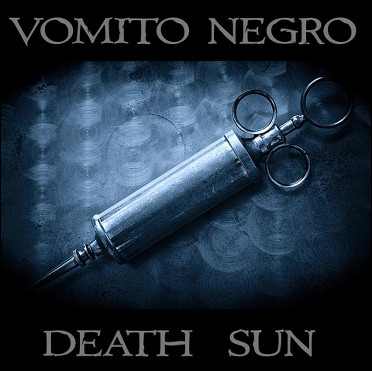
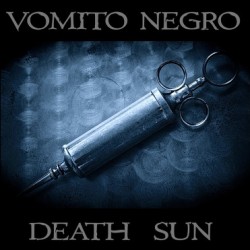
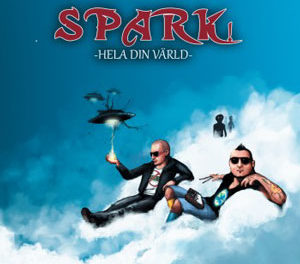
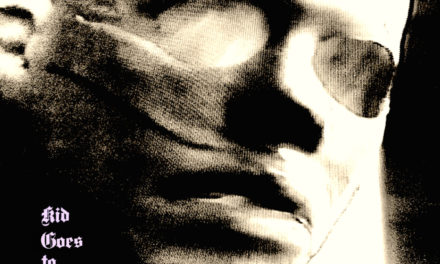

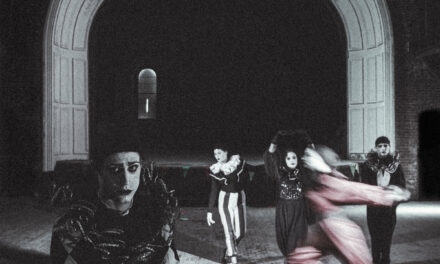
Trackbacks/Pingbacks